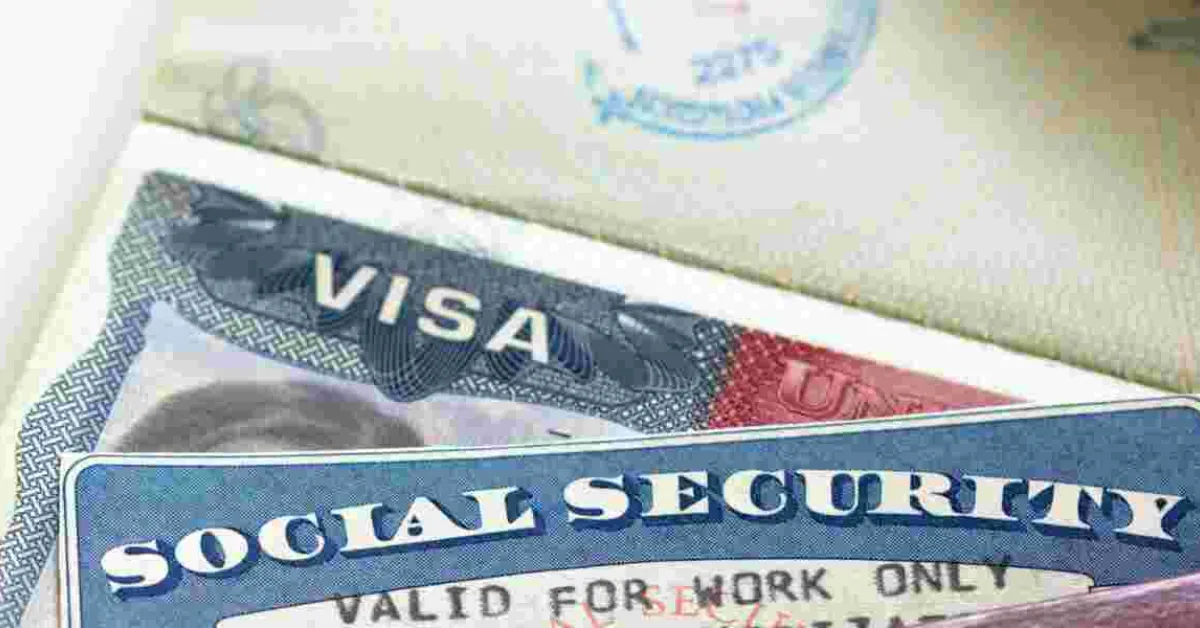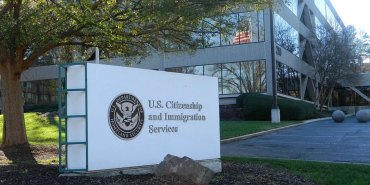H-4 Visa Holders Face Renewed Threat of Work Authorization Loss Under Trump's Return

With the return of former President Donald Trump, families of foreign workers on H-4 visas face renewed uncertainty about the possible termination of their work authorization.
The H-4 visa, issued to spouses of H-1B workers, has allowed many qualified professionals to pursue careers and contribute economically to the United States. Losing this authorization would not only impact family incomes but also hinder the integration of these individuals into American life. The H-4 work permit, or Employment Authorization Document (EAD), has provided essential opportunities for spouses, enabling them to obtain Social Security numbers, open bank accounts, and obtain driver's licenses. These basic necessities facilitate the integration of H-4 visa holders into their communities and allow them to contribute more fully.
Without the EAD, H-4 holders would lose not only their income but also the means to fully participate in American society. The EAD rule for H-4 spouses was introduced in 2015 during the Obama administration, addressing backlogs in green card processing, particularly for highly skilled workers in the EB-2 and EB-3 categories. For many families, securing green cards can take years or even decades, and the EAD option provided a way for spouses to work legally while waiting for permanent residency.
During his previous term, President Trump's "Buy American, Hire American" order aimed to prioritize US jobs, leading his administration to propose revoking H-4 work authorization. Although this rule was not finalized, it signaled a potential threat to the H-4 work permits. The Biden administration subsequently reversed Trump's plan, allowing the H-4 work permits to remain in place. This decision provided relief for families, enabling spouses to continue contributing to fields such as healthcare, technology, and finance.
However, with Trump's return, his administration is expected to focus on policies prioritizing American workers, potentially targeting H-4 work permits once again. The potential revocation of H-4 work permits would disrupt the careers, financial stability, and ability of these families to contribute fully to their communities. The ongoing legal challenges to the EAD rule, such as the lawsuit filed by organizations like Save Jobs USA, have not succeeded in overturning the regulation thus far.














Add new comment